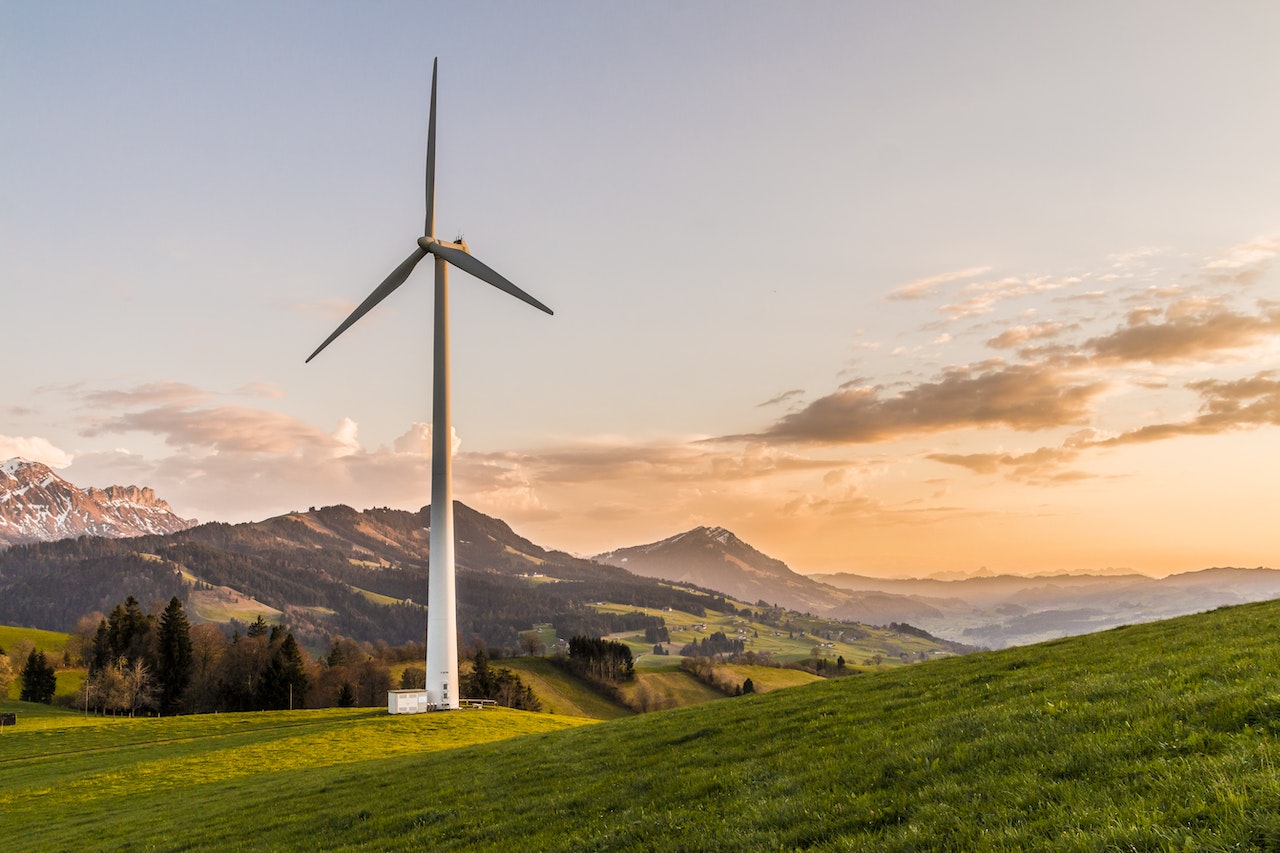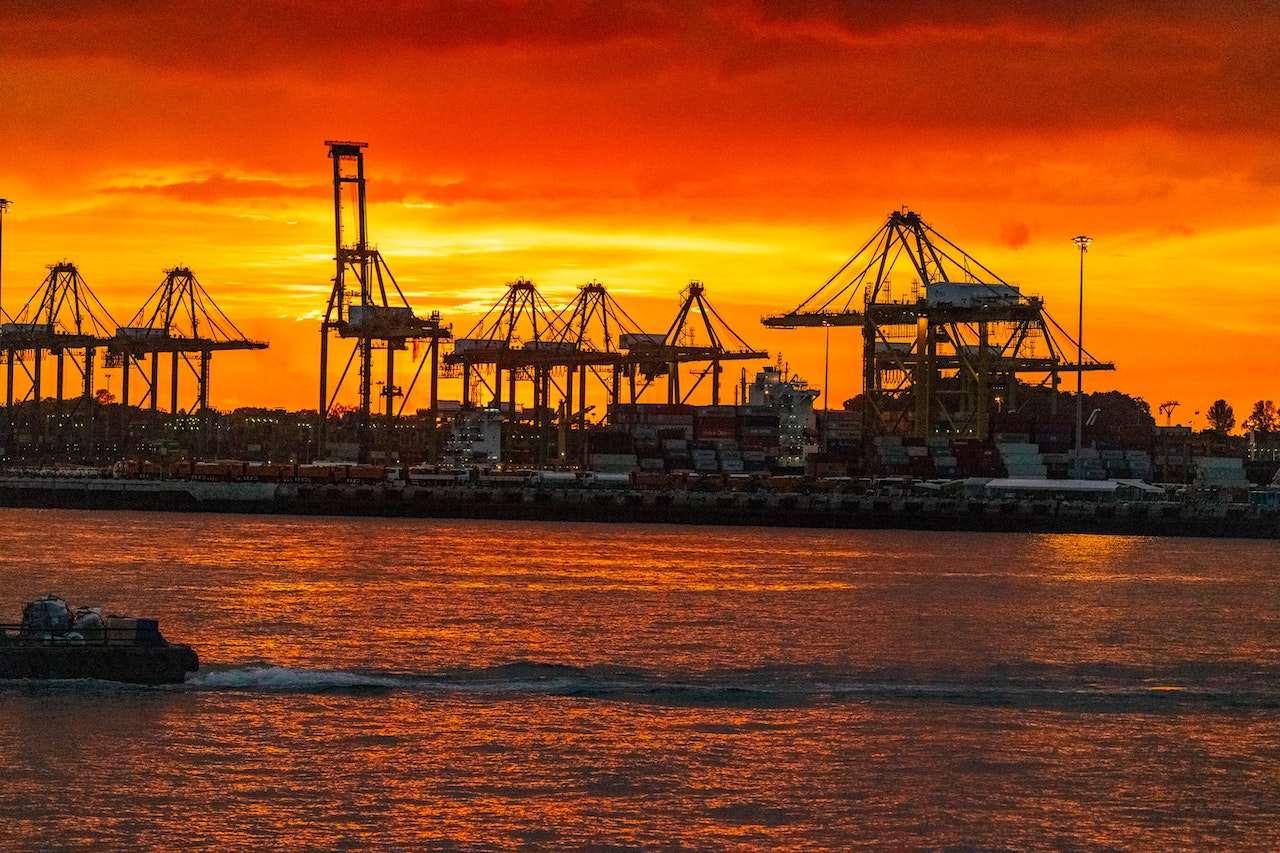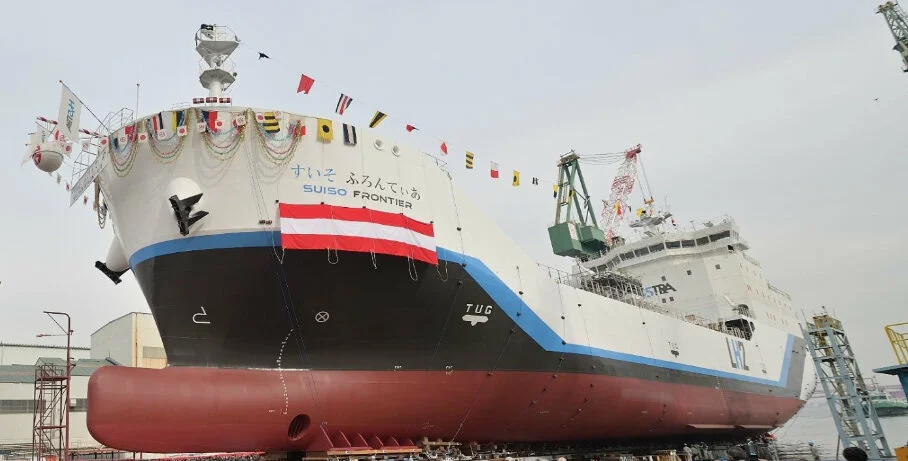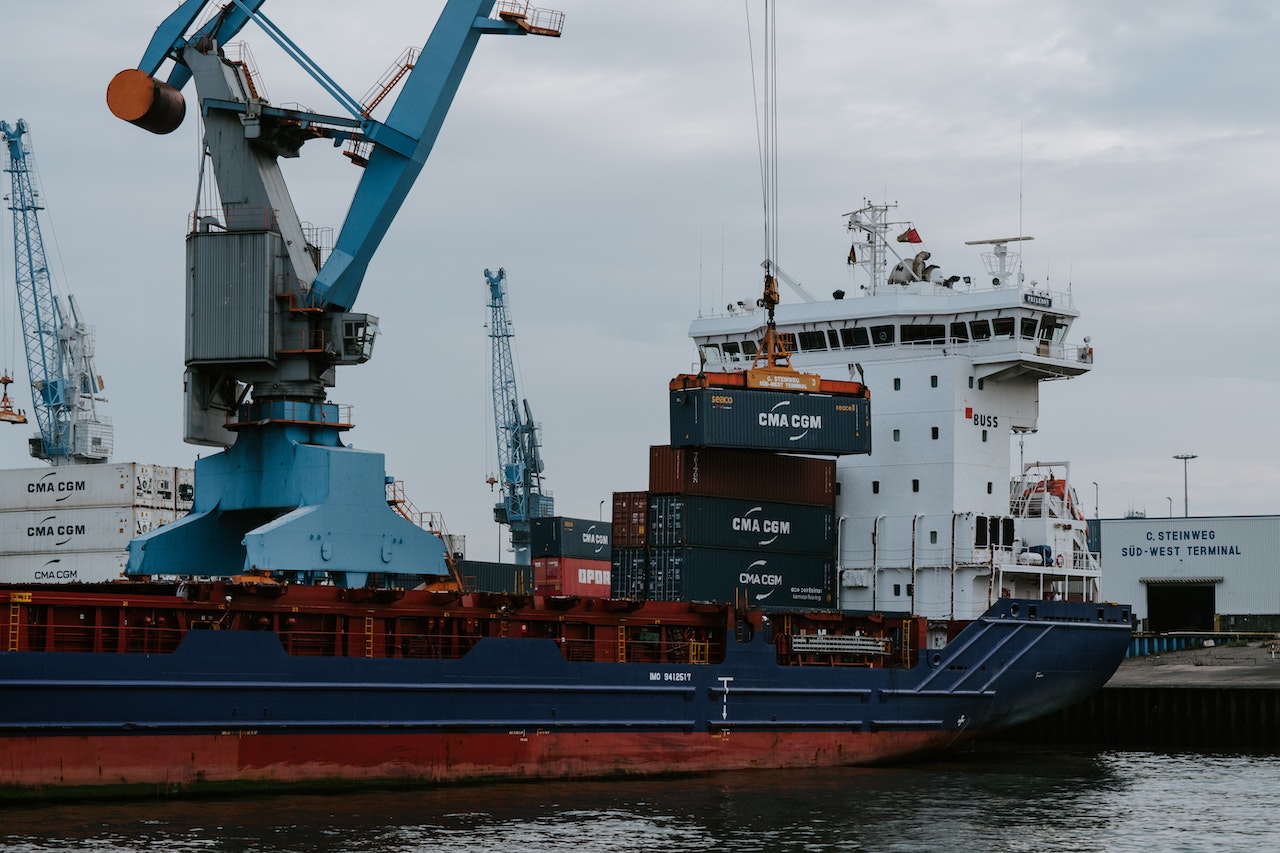
In a groundbreaking stride towards a sustainable future, the Clean Energy Ministerial (CEM) marked a historic moment on July 20, 2023, by endorsing the Clean Energy Marine Hubs Initiative (CEM-Hubs) during a pivotal summit in the picturesque backdrop of Goa, India. This trailblazing platform is set to forge an unprecedented partnership between private sector entities and government bodies within the energy-maritime continuum, with a shared vision to overhaul maritime transportation and production hubs, paving the way for a low-carbon era.
Championed by a consortium including Canada, Norway, Panama, Uruguay, and the United Arab Emirates (UAE), and orchestrated in collaboration with stalwarts like the International Chamber of Shipping (ICS) and the International Association of Ports & Harbors (IAPH), the CEM-Hubs initiative crystallizes the essence of collective action and cross-sector collaboration.
 The expedition towards a cleaner maritime value chain is rife with challenges. As the world gears up for a monumental shift towards low-carbon fuels, the International Renewable Energy Agency (IRENA) underscores the pivotal role the shipping industry is poised to play. It’s projected that by 2050, a staggering 50% of globally traded low carbon fuels will be ferried across oceans. Yet, the current state of play falls short of these ambitions. The infrastructure required to support the production, transportation, and port-side handling of these anticipated low-carbon fuel volumes remains nascent on a commercial scale.
The expedition towards a cleaner maritime value chain is rife with challenges. As the world gears up for a monumental shift towards low-carbon fuels, the International Renewable Energy Agency (IRENA) underscores the pivotal role the shipping industry is poised to play. It’s projected that by 2050, a staggering 50% of globally traded low carbon fuels will be ferried across oceans. Yet, the current state of play falls short of these ambitions. The infrastructure required to support the production, transportation, and port-side handling of these anticipated low-carbon fuel volumes remains nascent on a commercial scale.
Pioneering endeavors such as a single hydrogen-laden ship’s journey from Australia to Japan underscore the infancy of such initiatives. When it comes to other derivatives like ammonia and various low-carbon alternatives, the existing capacity for transportation is dwarfed by the impending needs of heavy industries, transportation sectors, and other pivotal domains.

As global imperatives steer toward net-zero targets, the shipping industry is poised to shoulder an even heavier responsibility. Forecasts indicate that by 2050, shipping will be tasked with transporting anywhere from two to five times the volume of low-carbon fuels it currently consumes. Moreover, the composition of these fuels will need to harmonize with the ideals enshrined in the Paris Agreement.
The unveiling of the CEM-Hubs initiative at the inaugural meeting in Goa resonates with the urgency of the situation. In a commendable feat of expediency, less than a year separated the initial proposal from its adoption—an eloquent testament to CEM’s dedication to addressing this monumental challenge head-on.

Anticipation is rife as the progress of the CEM-Hubs initiative promises to take center stage at the forthcoming COP28 in the vibrant city of Dubai. This initiative, buoyed by the unwavering support of the International Renewable Energy Agency (IRENA) and the Global Centre for Maritime Decarbonisation (GCMD), augments the global mission to steer our seas toward a cleaner, more sustainable horizon. As the ripples of change set in motion, the maritime industry is poised for a transformational odyssey, one that’s bound to echo through the tides of time.
The initiative is also supported by the International Renewable Energy Agency (IRENA) and the
Global Centre for Maritime Decarbonisation (GCMD).
Click here for more feature stories in Samudra.



